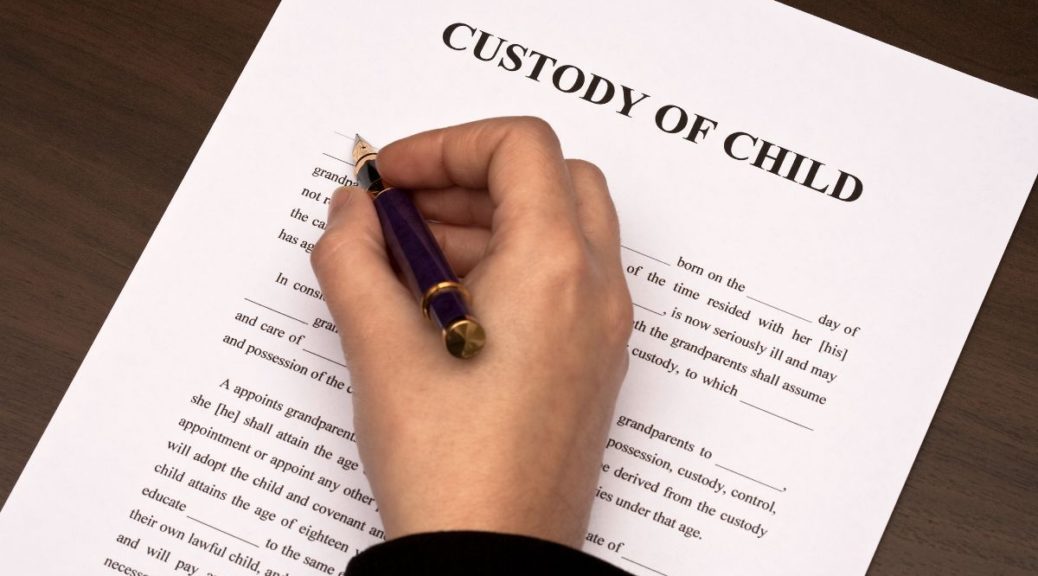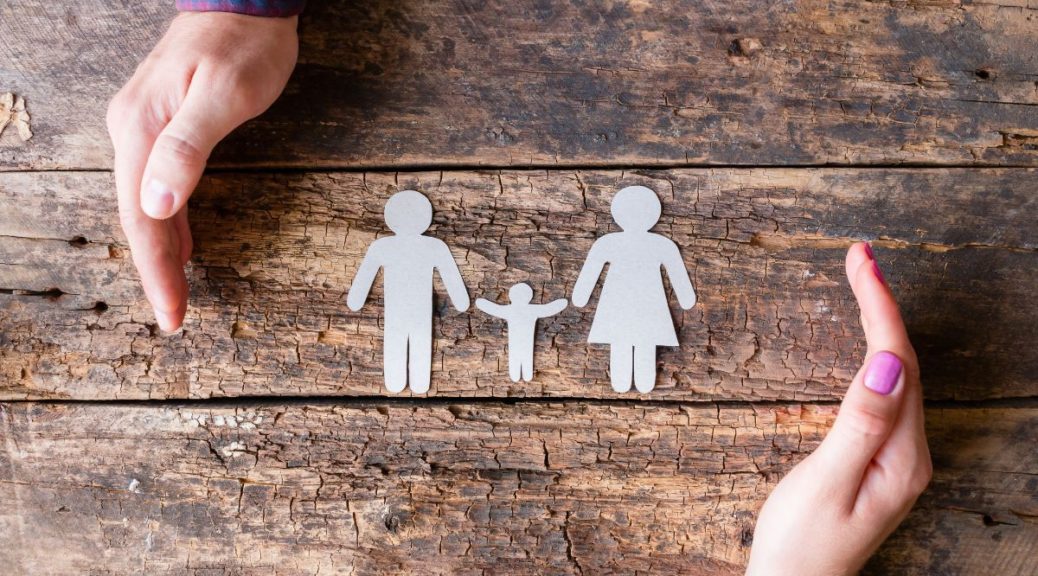Children feel a whole range of emotions during a divorce. They may be too young or too damaged to express and deal with those emotions, though. There are ways, however, that you and your ex-spouse can help your kids thrive, even in the middle of a divorce proceeding.
Talk to your children … and let them know they can talk to you.
Reassurance is important. Tell them the divorce is not their fault and that they are still loved. Since communication is a two-way street, make sure they know they can talk to you about anything, any time.
Don’t badmouth the other adults in their young lives.
You may have some pretty strong feelings about your child’s other parent right now. Those hard feelings may extend to grandparents, aunts, uncles, cousins, and even family friends. Try hard to keep bad thoughts to yourself or only vent to another adult when your children are not around. Letting off steam might help you feel better, but it won’t help your children cope.
Coordinate with their other parent.
Parents who are divorcing need to complete a written agreement called a parenting plan. Use this opportunity to calmly coordinate rules, discipline, school events, holiday and other things your children need to feel safe, loved, and protected.
Don’t interfere with scheduled visitation.
Punishing your children because you’re mad at your ex is never a good idea. The only reason to withhold visitation is if you think your child is being endangered. Even then, you need to alert your attorney or the court that there’s a problem.
Watch for warning signs.
Children deal with stress in different ways. Watch for any indication that your son or daughter is not handling the divorce well. Unchecked anxiety, anger, depression, and the like can lead to long-term damage. If your child is behaving oddly, losing interest in activities, or their grades are slipping, seek help for them.
Keep Their Best Interests in Mind.
Divorce is hard on everyone involved. Even though you’re hurting and stressed out right now, remember that your children have needs, too.
The attorneys at the Law Offices of Judy L. Burger have extensive experience with divorce and child custody matters. In fact, Ms. Burger is a California Certified Family Law Specialist. Please feel free to call us at 415-293-8314 to set up an appointment. We assist clients in California’s Northern to Central Cost, including San Francisco, Marin County, Gold River, Santa Barbara, Ventura/Oxnard, and surrounding communities.











